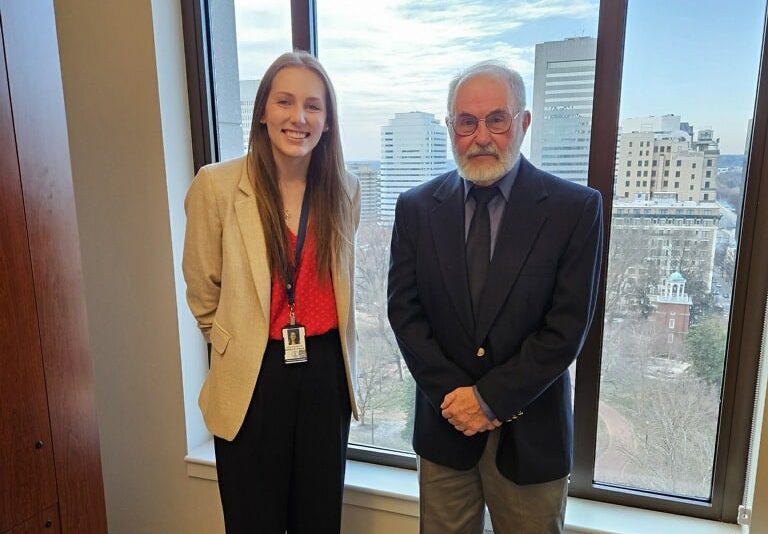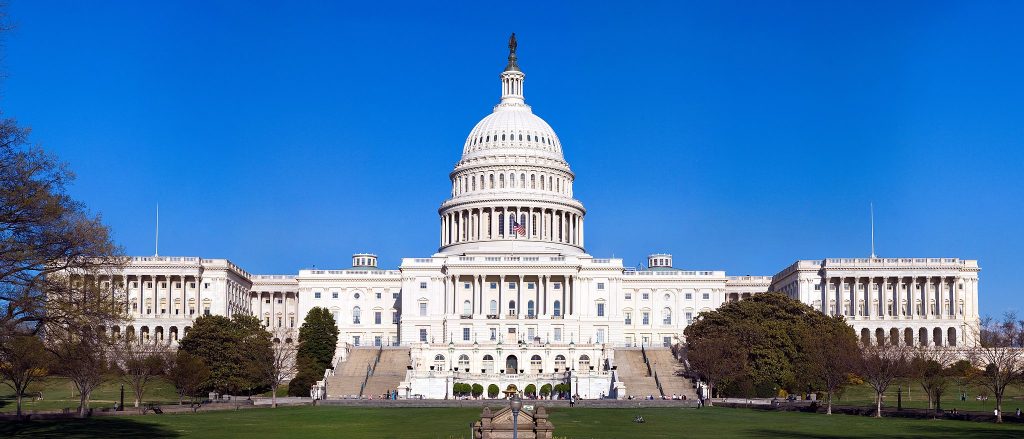Right-Wing Judge Appointments Threaten Environment
The fate of many crucial and long-standing environmental issues may end up decided by President George Bush’s appointees to the federal trial and appellate courts, instead of our elected politicians. Having failed in their attempt to gut such popular environmental laws as the Endangered Species Act, property-rights zealots and extractive industry big-wigs are now trying to advance their agenda through Bush’s nominations of ultra-conservative Federal appeals court judges.
Most upsetting about this new direction is that the American public will not get a chance to see or participate in the debate over the future of their valued environmental laws. Action in federal Courts are almost always kept outside the public eye, and decisions affecting millions of acres of public land can be made by a single individual, with a lifetime appointment, essentially accountable to no one.
The process works like this: President Bush selects nominees for vacant federal judgeships “with advice and consent of the Senate.” The Senate must approve all nominees before they are appointed to the bench. Once appointed, federal judges serve for life unless they resign or are impeached.
Unfortunately for America’s public lands, many of the judges being nominated for these positions have consistently advanced positions that would undermine current protections or eliminate them altogether.
For example, one of the thirteen Circuit Courts of Appeal, the Fourth Circuit (which has jurisdiction over cases in Maryland, Virginia, West Virginia, and both Carolinas), has gone without a new judge since before the Clinton administration. Long noted for being the most conservative circuit in the nation, as well as having the largest African-American population of any circuit, its makeup remains lily-white.
President Bush recently nominated Judge Dennis Shedd to the same Fourth Circuit Court of Appeals. A former aid to South Carolina Senator Strom Thurmond, Judge Shedd apparently practiced law for only three years before being appointed to the trial-level bench by Bush’s father, and appears likely to make an already conservative court even more so.
Judge Shedd authored an opinion striking down the Driver’s Privacy Protection Act, apparently based on his belief that the federal government did not have the power to make states guarantee the privacy of driver’s license information. This decision was upheld by the Fourth Circuit Court of Appeals, but later reversed by the Supreme Court in a unanimous opinion, written by the conservative Chief Justice, William Renquist. The record of Judge Shedd’s other cases raises serious questions about his commitment to the ability of Congress to regulate in certain areas, including the protection of the environment.
We’ve always got the Supreme Court to right any wrongs these judges may inflict, don’t we? Not really. The current makeup of the Supreme Court is quite conservative, and likely to lean further to the right should a vacancy open during the Bush administration. In reality, the Supreme Court refuses to hear over 99 percent of the petitions to review lower court decisions. This means the Federal Courts of Appeal have become the de facto final decision-makers on many critical environmental and social issues, making the composition of those courts extremely relevant.
With a nearly evenly divided Senate, the increasingly acrimonious battles surrounding judicial nominations are more important than ever. Senate Judiciary Committee chairman Pat Leahy has been stalwart in his efforts to stymie the process for nominees who are openly controversial.
Leahy’s efforts to insure impartiality on the federal bench have led to the defeat of Judges Priscilla Owen and Charles Pickering, both nominated for slots on the influential Fifth Circuit Court of Appeals. However fortuitous that might have been, the confirmation of Judge Larry Block to the U.S. Court of Claims was a huge defeat for environmentalists everywhere. Block, former aide to Utah Senator Orrin Hatch, has long spearheaded the effort to expand the Fifth Amendment takings claims to property minimally affected by the Endangered Species Act, and has been in the vanguard of the right-wing’s effort to use the U.S. Court of Claims as a vehicle to dismantle other health, safety, and environmental protections.
“This is a critical time for the environmental movement because Federal judges with lifetime appointments will affect policy for years, or even decades, to come,” said, Scott Gollwitzer, Appalachian Voices’ Staff Attorney, “and that is far longer than most elected politicians ever serve.”
For this reason, it is incumbent upon citizens to recognize this veiled threat, to alert their Senators when necessary, and insure that qualified, impartial, and moderate judges are appointed to interpret the laws of the land. Polls show that the vast majority of Americans consider themselves moderate. Why should we accept a Federal Judiciary that is dominated by the ideologies of the extreme right-wing?
Steve Novak is an attorney with the non-profit environmental law firm, WildLaw, based in Asheville, NC. For more information about WildLaw, check out their website on the Internet: www.wildlaw.org.
Related Articles
Latest News

Leave a comment
Your email address will not be published. Required fields are marked *





Leave a Comment